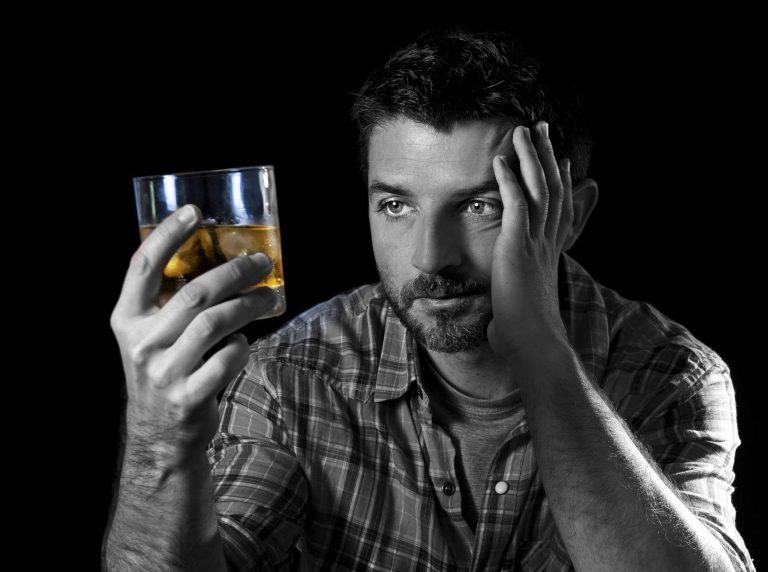If you or someone you know has alcohol use disorder (AUD) and has relapsed, this is a common occurrence. You can take steps to get back on track after an alcoholic relapse has occurred, and you can watch for warning signs that you might need more intensive intervention. As previously noted, increased anxiety represents a significant component of the alcohol withdrawal syndrome.
You begin to think that you can return to social drinking and recreational drug use, and you can control it. Addiction to alcohol can have negative consequences, affecting every aspect of your life including work, school, and relationships. Fortunately, with treatment, you can end your addiction to alcohol and live a high quality of life in recovery.
Substance Abuse Relapse
People might go through one or more relapses before they succeed. People are at risk of relapse if exposed to different risk factors. You make irrational choices and are unable to interrupt or alter those choices.
It is worth noting that while relapse is part of recovery for some people, it can still represent a risk for people who use more potent drugs like opioids. When a person stops using substances, their tolerance decreases. Using again may be deadly as the risk of overdose is higher. The term abstinence refers to a situation when you have decided to refrain from all substances as part of your recovery journey. This includes all drugs, even ones that can help with substance or alcohol misuse, such as Vivitrol. Often, the initial image of relapse you may imagine is when a person either in short– or long-term recovery starts drinking again.
What To Do After a Relapse
While thinking about relapsing is a normal part of recovery, it can become problematic when there is a preoccupation with using. By knowing these cues, you’ll know what to avoid next time. This distinction may not be helpful, as it minimizes the ill effects of a lapse. You begin to abandon the daily alcohol relapse rate routine or schedule that you developed in early sobriety. You may begin sleeping late, ignoring personal hygiene, or skipping meals. Hosted by Amy Morin, LCSW, this episode of The Verywell Mind Podcast, featuring addiction specialist Erica Spiegelman, shares the skills that help in recovery.
This effect appears to involve CRF activity because CRF antagonists block stress-induced reinstatement of alcohol-seeking behavior (Gehlert et al. 2007; Le et al. 2000; Liu and Weiss 2002b). However, relapse can be an opportunity to reset, develop clear needs and goals, and continue. Refocusing on recovery and further relapse prevention with a care team is crucial. Relapse is considered a normal part of the recovery process.
Addiction: What to Know About Relapse
As such, if you’re interested in how to help an alcoholic, one of the ways you can assist is by helping to recreate the addict’s social circle. In a state of desperation, and to reveal to the alcoholic the full extent of his or her damaging lifestyle, it can be tempting to call the person out in public. You might think that if others see and overhear the conversation taking place, the public shaming might be enough to “snap” the alcoholic into sobriety. In some cases, couples drug rehab could be the best option for you if you and your partner are both struggling with addiction. Couples rehab California can tremendously help you break your addiction and lessen the chances of relapse.. To truly help the addict on the road to recovery, you’ll need backup and support from those closest to him or her.
- They can act as a constant source of positive influences and guidance.
- Substance use can affect the brain by damaging systems responsible for cognitive control.
- An alcoholic relapse or relapse into alcoholism is a return to the compulsive pursuit and consumption of alcohol after a period of sustained sobriety.
- You can recover from this setback and continue to abstain from alcohol and complete other harm reduction measures that help you progress in recovery.6 Your recovery team can help with this process.
Encourage relationships with sober, like-minded individuals. Discourage those with peers who drink heavily, as this company could spur a relapse. Try asking some of your sober friends and family members to make an introduction. You can also encourage memberships in support groups for accountability and friendship. The most common cause of relapse is being a recovering alcoholic! Triggers such as an emotional upset or unpleasant event may seem to cause a relapse.
This includes the ability to recognize high-risk situations and avoid substance use. An increase in stress in your life can be due to a major change in circumstances or just little things building up. Returning to the «real world» after a stint in residential treatment can present many stressful situations. Be careful if you begin to have mood swings and exaggerated positive or negative feelings.
Importantly, this negative-affect state may contribute to increased risk for relapse as well as perpetuate continued use and abuse of alcohol (Becker 1999; Driessen et al. 2001; Koob 2003; Roelofs 1985). Indeed, both preclinical and clinical studies suggest a link between anxiety and propensity to self-administer alcohol (Henniger et al. 2002; Spanagel et al. 1995; Willinger et al. 2002). From a clinical standpoint, this is important because it underscores the value of these models in identifying and evaluating new treatment strategies that may be more effective in battling the problem of relapse. You attempt controlled, «social,» or short-term alcohol or drug use, but you are disappointed with the results and experience shame and guilt.
